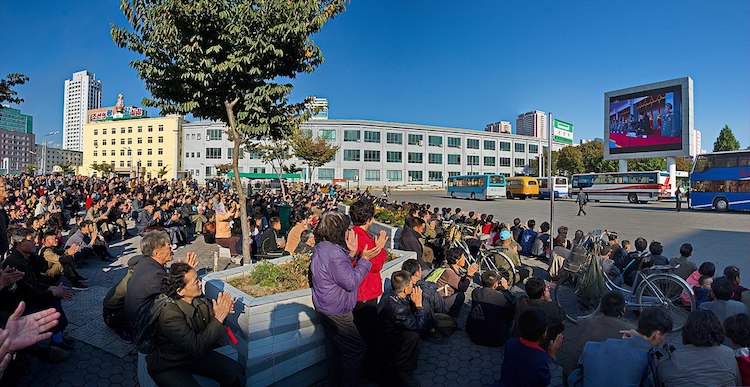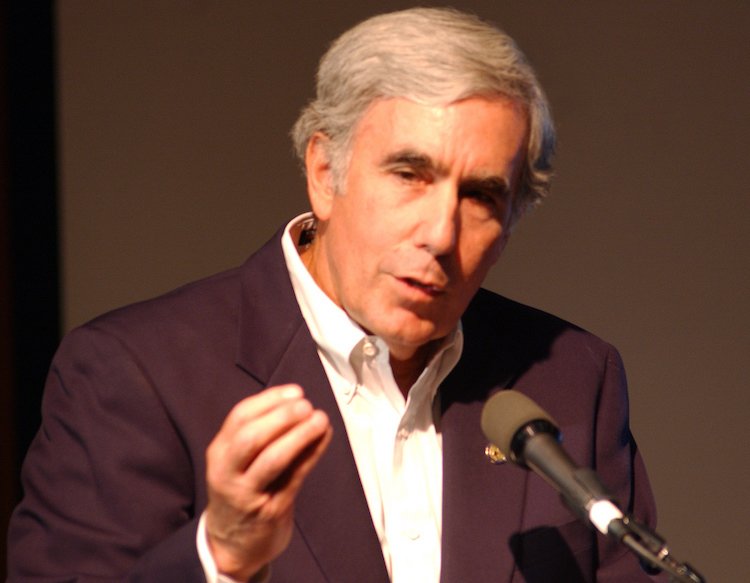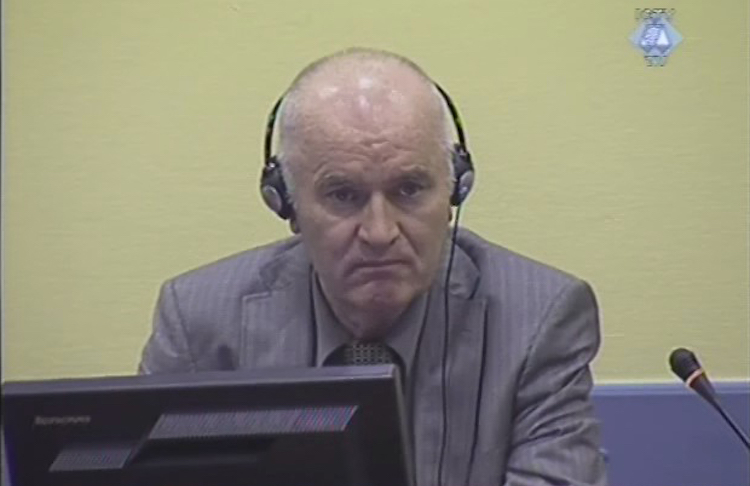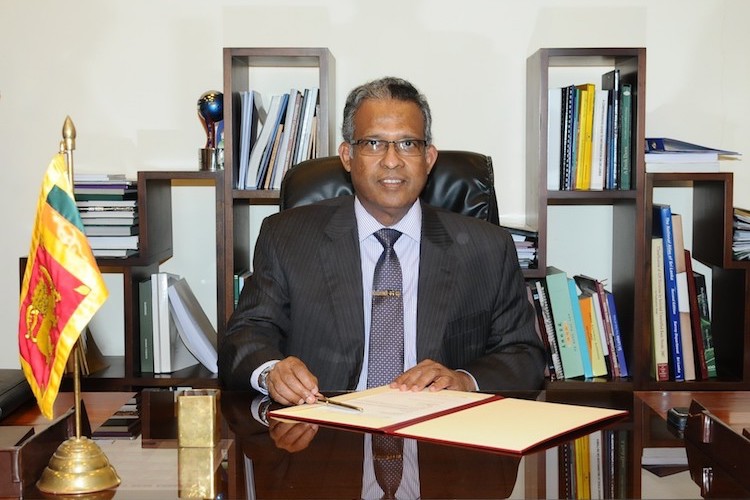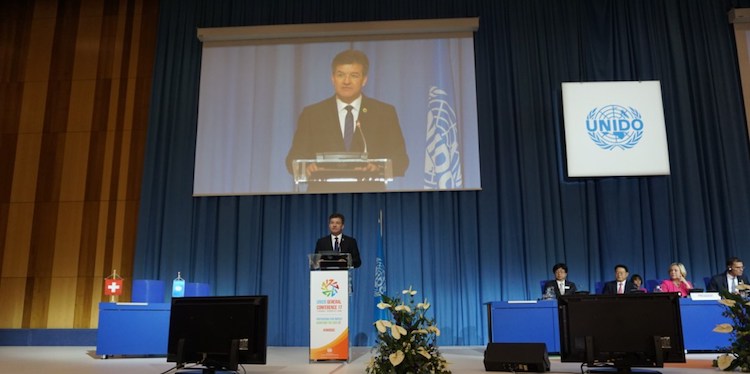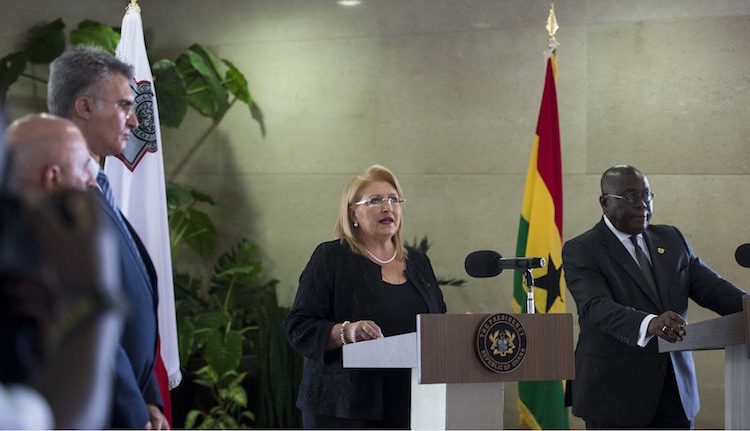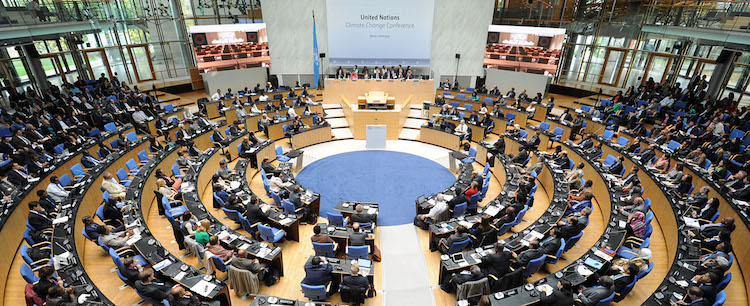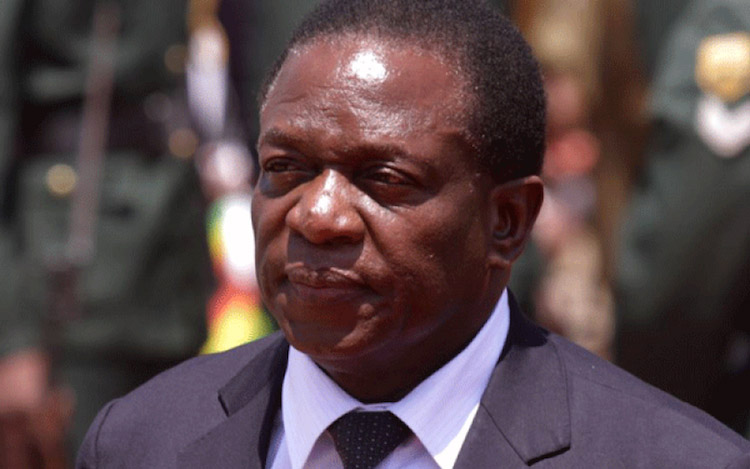Viewpoint by Jonathan Power* LUND, Sweden (IDN-INPS) – When, soon after the election, President Barack Obama invited Donald Trump to the White House we didn’t learn much about their conversation. But we were briefed on one thing: Obama had told Trump that North Korea would be the most pressing and difficult issue on his agenda. […]
Reducing the Risk of Nuclear Miscalculation
By Daryl G. Kimball Daryl G. Kimball is Executive Director of the Arms Control Association. This article first appeared with the caption ‘Step Back From the Nuclear Brink’. WASHINGTON, D.C. (IDN-INPS) – Over the past year, cavalier and reckless statements from President Donald Trump about nuclear weapons and his threat to unleash “fire and fury” […]
China and UNIDO Have Engaged in Substantial Cooperation
By WANG Shouwen WANG Shouwen is China’s Vice-Minister of Commerce. Following are extensive excerpts from his address at the 17th session of the UNIDO General Conference ‘Partnering for Impact: Achieving the Sustainable Development Goals’ in Vienna on November 27, 2017 – after Li Yong was re-appointed for a second term (2017-2021) as the Director General […]
Progress Toward Nuclear Weapons Abolition
Viewpoint by David Krieger* SANTA BARBARA | USA (IDN-INPS) – The Nuclear Age Peace Foundation has been working to end the nuclear weapons threat to humanity and all life for 35 years. We were one of many nuclear disarmament organizations created in the early 1980s, in our case in 1982. Some of these organizations have endured; […]
Mladic Verdict After 22 Years Cries for Shake-up of the UN Court
Viewpoint by Jonathan Power* LUND, Sweden (IDN-INPS) – Timing is everything. Dear Reader you’re right. If I was going to write on the conviction in a UN court of General Ratko Mladic I should have done it last week when the court sentenced him to life imprisonment for the mass murder of a significant part […]
In Sri Lanka, Development Begins with Reconciliation
By Prasad Kariyawasam Prasad Kariyawasam is Sri Lanka’s Foreign Secretary. Following are extensive excerpts from his address to the UN’s Peacebuilding Commission at the UN Headquarters in New York on November 20, 2017. – The Editor UNITED NATIONS (IDN) – Sri Lanka is known, perhaps mostly, as the place where Ceylon Tea originates from, or […]
Industrial Development is About a Decent Life for All People
By Miroslav Lajčák, President of the UN General Assembly Following are extensive extracts from the remarks of Miroslav Lajčák, President of the 72nd Session of the UN General Assembly, at the 17th session of the UNIDO General Conference ‘Partnering for Impact: Achieving the Sustainable Development Goals’ in Vienna on November 27, 2017. Li Yong was […]
Need to Perceive Africa from an African Point of View
By Marie-Louise Coleiro Preca, President of Malta Following are extensive extracts from the speech delivered by Marie-Louise Coleiro Preca, President of Malta, at the 17th session of the UNIDO General Conference ‘Partnering for Impact: Achieving the Sustainable Development Goals’ in Vienna on November 27, 2017. Li Yong was re-appointed for a second term (2017-2021) as […]
Climate Change Hopes Vanish into Thin Air
By Andrea Vento* ROME (IDN) – The great hopes for a historical understanding to contain global warming in the wake of the proclamations of world leaders prior to the recent UN climate change conference in Bonn have evaporated. The ‘climate’ of confidence surrounding the conference – held in Bonn from November 6 to 17, officially known as the 23rd […]
Military’s Role Crucial in Post-Mugabe Zimbabwe
Viewpoint by Alemayehu G. Mariam The writer is a professor of political science at California State University, San Bernardino, a constitutional lawyer and Senior Editor of the International Journal of Ethiopian Studies. The source of this article is Pambazuka News, which republished it on November 23. It first appeared in The Hill. The views in […]

